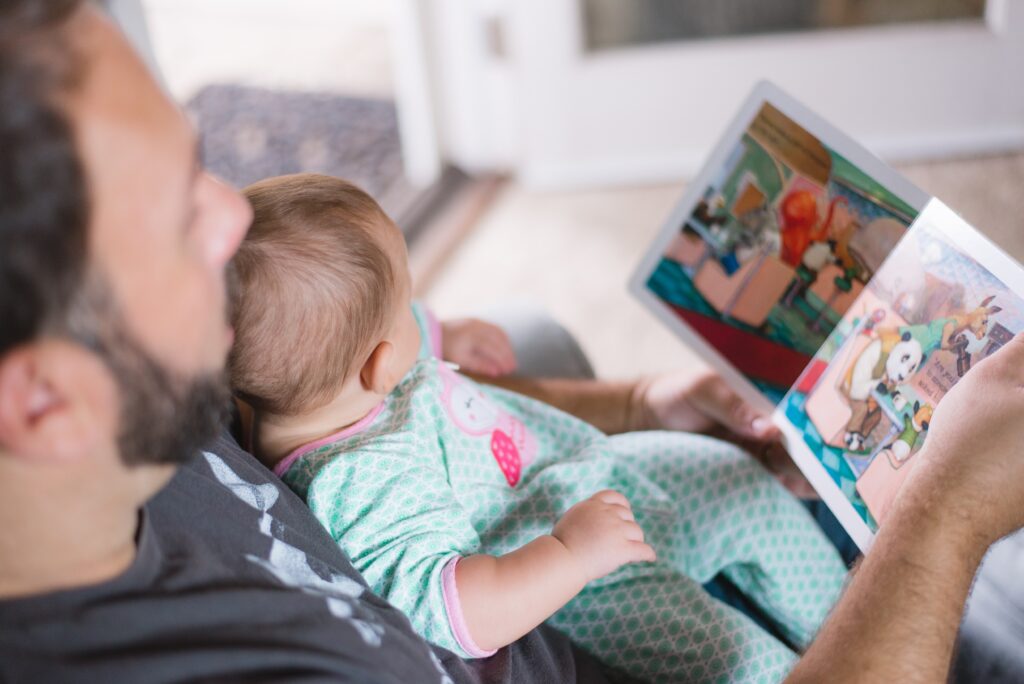Legal Surrogacy for Gay Couples

Legal Surrogacy for Gay Couples
Gay couples who want to start a family now have several options, including gestational surrogacy. However, surrogacy is not a straightforward process and gay men may find the legal environment confusing and difficult for them compared to hetero couples. It can be difficult for homosexual couples to understand their rights and obligations as intended parents because surrogacy rules and regulations can vary from state to state and even country to country. In this article, we will discuss some challenges to legal surrogacy for gay couples.
There are many factors that make gay surrogacy difficult. Let’s discuss some factors here:
#1. Establishing legal parentage
Parental rights are among the main legal difficulties homosexual couples face when considering surrogacy. There is a lack of legal precedent and a lack of clarity in many state surrogacy laws. This means that in order to prove their parental rights, homosexual couples may have to engage in the legal adoption process which can be time-consuming and costly in legal fees.
Gay couples should be aware of the legal requirements for surrogacy and how they vary from state to state (and country to country). Surrogacy is outright prohibited in some states while it is recognized as legal in others. In certain states, surrogacy is legal while traditional surrogacy is illegal, and vice versa. The bottom line is, if you are a single man or gay looking for surrogacy services, consult a local attorney or a surrogacy professional.
Read more:
Gay surrogacy in Mexico
Gay surrogacy in Colombia
Gay surrogacy in Argentina
Everything you need to know about gay surrogacy
Failure to recognize the families of homosexual couples in other jurisdictions or countries may cause them more legal problems. It may not be legal for a couple to travel with their child or make important choices about their child’s health and welfare in other states or countries, even if surrogacy is permitted in the state where the child was born.
Also, when it comes to adoption, the legal environment around surrogacy can be difficult for homosexual couples. The adoption process can be difficult for same-sex couples in some jurisdictions due to unfavorable adoption laws.
#2. Cost of surrogacy for gay couples
Another important aspect to consider is the financial aspect of surrogacy. Gestational surrogacy is an expensive process, and the cost can vary greatly depending on the state and the type of surrogacy. Furthermore, cross-border surrogacy for gay couples is not as available as it is for hetero couples. LGBT couples should research the cost of surrogacy in their state, and consider options for funding, such as a surrogacy grant or loan.
Everything you need to know about gay surrogacy costs
How to reduce the high cost of surrogacy
#3. There are not many legal surrogacy countries for gay couples
The only country that offers legal surrogacy for single males or gay couples is the US (rather some US states). However, the higher cost of surrogacy in the US makes it out of reach for most intended parents. So, they end up doing surrogacy abroad and sometimes exposing themselves to muddy and dangerous options because of cheap attractions. It is good to know that surrogacy itself is a long and complicated process that is limited by the legal framework in the country of the intended parents and the surrogacy country. By choosing an unregulated surrogacy country, where the legal protection for them and the baby is questionable, they put them in dangerous situations. It would be great to find a country where maybe there is no clear law, but gay relationships, marriage, and the prospect of starting a family are just as good as hetero couples. Fortunately, their reproductive rights and gay marriage were accepted. There are some countries that are safer and offer almost 70% less surrogacy costs- such as Mexico and Colombia.
Read more:
Top 4 cheapest surrogacy countries in the world
Countries where surrogacy is legal for gay couples
Moreover, the number of countries that offer gay surrogacy legally is much smaller. Most gay surrogacy countries are third-world countries and have their own risks and challenges. Legal surrogacy countries like India, Thailand, Cambodia, Russia, and Nepal stopped surrogacy a long time ago. Thus, cheap surrogacy options in the country have dried up. However, some countries such as Mexico, Colombia, and Argentina are opening up for legal but affordable gay surrogacy.
What is unregulated gay surrogacy and why should you avoid it?
Unregulated surrogacy can take many forms, including informal/personal arrangements between individuals (mostly surrogate mothers and intended parents), or through unregulated surrogacy agencies (which are unlicensed and emerges from ethical practices). These arrangements may seem convenient and cheaper; however, the truth is another way around because such arrangements have many legal, medical, and ethical issues.
One of the main issues with unregulated surrogacy is the lack of legal protection for all parties involved (surrogate mother, baby, and intended parents). In unregulated surrogacy, there are no legal contracts in place to guard the rights and responsibilities of intended parents, surrogates, or children. That’s why, it’s common to have disputes about parentage, financial compensation, and child custody if either person doesn’t follow through on the promise they made. Having this situation can be emotionally and financially taxing and lead to stressful situations.
An additional issue with unregulated surrogacy is the lack of medical supervision. In regulated surrogacy, medical treatments and procedures are performed under the supervision of licensed medical professionals, ensuring the safety and health of the surrogate and the baby. However, in unregulated surrogacy, these procedures can be performed by unlicensed individuals in non-medical settings, putting the health and safety of the surrogate mother and the baby at risk. Sometimes, when parents choose third-world countries, high-quality IVF facilities are rare, surrogate antenatal care is common and delivery and neonatal care are compromised due to a lack of adequate infrastructure and technology.
Last but not least, unregulated surrogacy can also lead to exploitation, particularly of surrogates, who may not be aware of their rights and may be exploited by financial agents. Because these women are poor, they accept whatever money they can get for renting their wombs. On ethical grounds, it is imperative that surrogates are compensated fairly and that they have access to medical and legal support throughout the process. They should know their rights, but the absence of any legal framework exposes them to many problems.
Despite the fact that surrogacy can be a good alternative for Gay couples seeking to build a family, it is important to understand the social and legal context of surrogacy in the United States. LGBT couples should familiarize themselves with their state’s surrogacy laws and regulations and deal with a professional and knowledgeable surrogacy agency or attorney who can help them navigate the process. Gay couples can successfully travel the path to parenthood through surrogacy with the right planning and support.
Read more:
Unregulated gay surrogacy in Laos
Unregulated gay surrogacy in Thailand
Unregulated gay surrogacy in Kenya
If you want to learn more about IVF, Egg Donation, or worldwide surrogacy services, check out the rest of our website at IVF Conceptions. We offer legally secure and affordable surrogacy consulting services for FREE.






